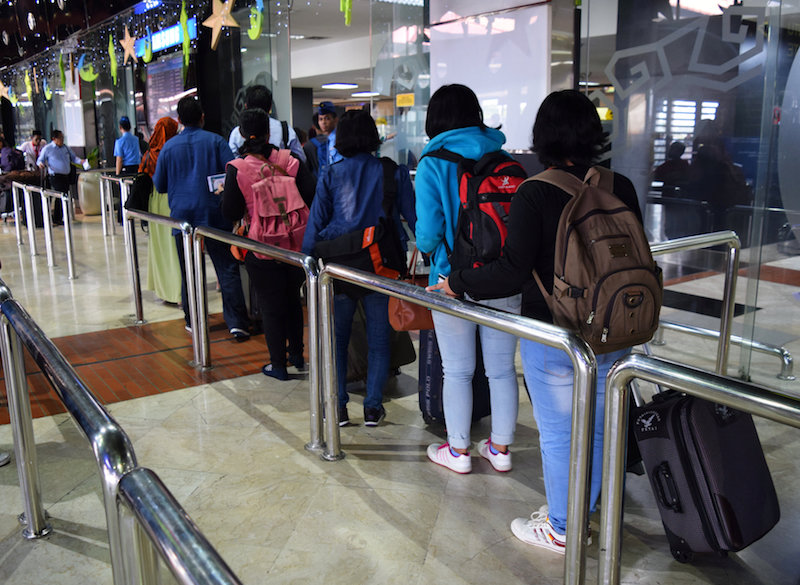KUALA LUMPUR, Feb 19 ― Indonesian ambassador Hermono to Malaysia has alleged that many of his countrymen who come here to work as maids are treated like modern-day slaves.
The diplomat told news portal Free Malaysia Today (FMT) that Indonesians who were employed in similar positions in other countries like Singapore, Hong Kong and Taiwan did not undergo as much mistreatment as in Malaysia.
Hermono told the news portal that there were many cases of Indonesian maids who were made to work for years unpaid for their labour as well as those who had their identification papers taken away by the employers.
He also recounted Indonesians who worked long hours without rest days and those who underwent physical abuse.
Hermono said a recent case involved an employer who justified not paying a salary to a maid for around 10 years by saying she was allowed to live at their house and that they were paying for her food.
“That’s an example of modern-day slavery or forced labour.”
“We have domestic workers in Singapore, Hong Kong and Taiwan, but we don’t have serious problems like here (in Malaysia). So why do we have these problems here?” he told FMT.
Hermono said the Indonesian embassy had last year helped in 206 cases with employers paying off more than RM2 million and that over 40 cases are now in the courts, with the Indonesian embassy having also in just this year assisted 16 maids and helped in getting more than RM300,000 in unpaid salaries returned to them.
He noted that maids are more likely to face abuse in comparison to other migrant workers, as maids work alone and live in their employers’ residence, also saying that such Indonesian maids either could not flee from their employers or have challenges in informing the embassy or consulate-general.
“They’re warned that if they run away, the police will catch them and the immigration will send them to their depot. These kinds of threats are pure elements of forced labour,” he was quoted saying.
Malaysia and Indonesia are currently in talks for a new worker deal.
Hermono envisions the new deal will better protect Indonesians employed as domestic workers in a one-channel system that will enable his country’s government to keep tabs on them during their employment here.
The diplomat also alluded to proposals for an online salary system that will enable Jakarta to see if the Indonesian workers receive their due salaries.
“If they miss even one month [of paying a worker’s salary], we can contact the employers through the agency and ask them why they haven’t paid,” he was quoted saying.



















